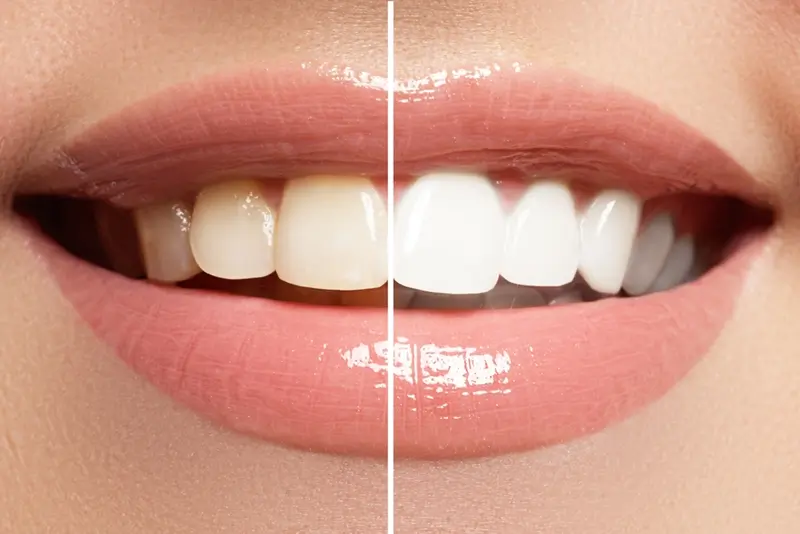Here in New Zealand, and in much of the Westernised world, we have certain standards and traditions that define out attitudes and behaviours towards our teeth. These ideas have become so ingrained in our culture that we’ve come to accept them as a kind of social law.
However, not every part of the world has the same expectations or beliefs about dental care and beauty. Here, we look at a few ideals we might be taking for granted.
The beauty of white teeth
 Pearly whites are considered ideal in our Westernised society.
Pearly whites are considered ideal in our Westernised society.We consider white teeth to be a sign of wellbeing.
It’s commonly accepted in New Zealand that white teeth are beautiful. Take the wide availability of teeth whitening products and services as an example. There are many possible reasons for this – white teeth may be considered fashionable as influential celebrities often have particularly pearly teeth. It may also be because we consider white teeth to be a sign of wellbeing. Teeth discolour as a result of ageing, unhealthy habits like smoking and poor oral hygiene, so white teeth suggest youth and health.
However, practices in many Asian countries contradict these attitudes. In historical Japan, deliberate blackening of teeth (known as “ohaguro”) was popular among women, though the exact reasons it was done are disputed. Some suggest it was thought to be beautiful, or a better alternative to yellowing teeth as it appeared to create a large smile from a distance. Others say it may have been a coming-of-age tradition – a symbol of womanhood.
Ohaguro declined in popularity as Japan became more exposed to Western cultures and modern dental practices.
Can crooked teeth be cute?
Another Japanese beauty standard that differs from our smile expectations is the attitude towards crooked teeth. Even today, women with a certain kind of crooked teeth are often considered to be cute in Japan.
The term “yaeba” refers to canines that stick out or overlap other front teeth. This minor crookedness is thought to look unique and youthful. It’s so admired in fact, that procedures to have fake snaggletooth caps attached to teeth became common in Japan in the early 2010s.
Jewellery for your pearly whites
Though not common in New Zealand, oral jewellery, or grills, are very popular in parts of the United States. These are often plates made of gold or other metals and fitted to the individual’s own teeth. Grills slipped into the American consciousness with the release of Nelly’s hit song “Grillz”. Dental decoration in the US is considered a sign of status – grills can be very expensive, so are thought to be a way of wearing your money on, well, your teeth!
There are all sorts of ideals throughout the world and history that differ from our way of thinking but most of the world can agree that oral health is vital. For your next dental check up, click here to make an appointment or call us on 04 978 4964.
